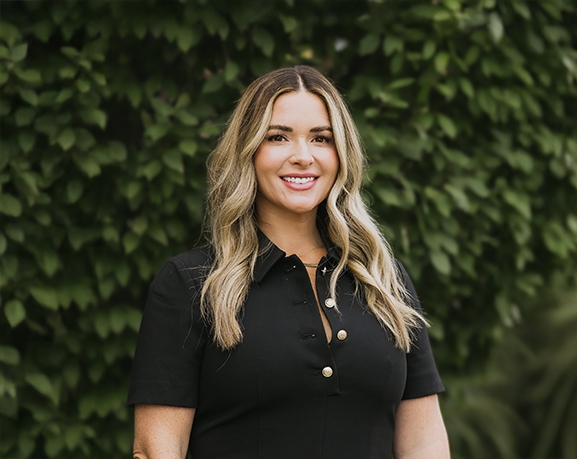 As the primary cause of approximately 30% of all cancer deaths in the United States, tobacco use plays a significant role in the development of oral cancers, including cancers of the upper throat, mouth, lips, nasal cavity, larynx, esophagus, and throat. In fact, there is no safe method for using tobacco, as both smoking and using smokeless tobacco are especially prone to causing cancer of the esophagus, mouth, and throat. However, the good news is that quitting smoking has notable health benefits, even if you quit at an older age. When a person stops smoking, their circulation improves dramatically, and the lungs get a chance to heal. The threat of heart disease declines significantly after a year without tobacco, and the threat of stroke, cancer, and lung disease follow suit.
As the primary cause of approximately 30% of all cancer deaths in the United States, tobacco use plays a significant role in the development of oral cancers, including cancers of the upper throat, mouth, lips, nasal cavity, larynx, esophagus, and throat. In fact, there is no safe method for using tobacco, as both smoking and using smokeless tobacco are especially prone to causing cancer of the esophagus, mouth, and throat. However, the good news is that quitting smoking has notable health benefits, even if you quit at an older age. When a person stops smoking, their circulation improves dramatically, and the lungs get a chance to heal. The threat of heart disease declines significantly after a year without tobacco, and the threat of stroke, cancer, and lung disease follow suit.
While many tobacco users are aware of the dangers associated with the substance, quitting can be a challenge. Fortunately, there is support available.
Here are three tips you can use to help you quit tobacco and begin living a healthier life.
-
Make a Plan
Making a plan can help you stay on track and keep motivated throughout the quitting process. No single plan is successful for everyone, so it is important to develop an approach to meet your needs. Speak with your primary care physician to discuss your situation and explore the full range of your options.
-
Avoid Triggers
Triggers are the circumstances, events, people, or things that frequently activate tobacco cravings. To dodge triggers as you begin living a tobacco-free life, throw out all of your tobacco and ashtrays to reduce access and temptation. If possible, you might also want to consider surrounding yourself with people who don’t smoke, altering your routine to curb old habits, and spending time in places which prohibit smoking.
Staying active is an excellent way to hinder the onset of tobacco cravings. Consider engaging in a few of the following activities to help keep your mind off using tobacco.
- Exercise regularly.
- Get ample rest.
- Take a walk.
- Maintain a healthy diet.
- Engage in personal hobbies.
- Drink plenty of water.
- Chew gum.
- Meditate or unwind with deep breathing.
-
Ask for Support
Quitting tobacco is hard, and you don’t have to depend solely on willpower to be tobacco free. Ask your friends and family for support as you begin the quitting process, and identify precisely how they can assist you during each stage of tobacco cessation.
The information and content on our website should not be used as a substitute for medical treatment or advice from your doctor.












